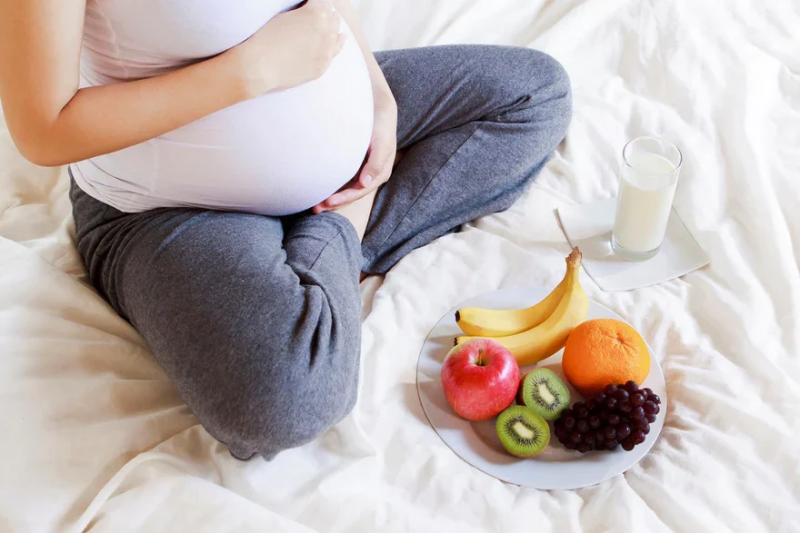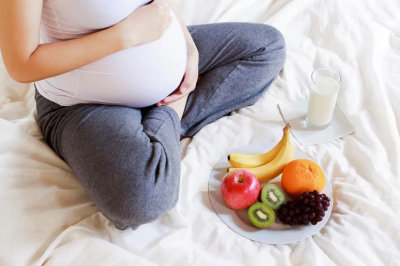A new study has found that the unique facial features of individuals may be influenced by the mother's diet during pregnancy. Subtle differences in facial features, ranging from skull shape to the amount of cartilage in the nose, occur in the womb according to genes stimulated by dietary habits. Increased protein intake during pregnancy has been shown to make certain genes, known as mTORC1, more active. Researchers stated that protein-based diets can contribute to "enhancing" facial appearance, altering the length and width of nostrils, as well as cheek shape and jaw prominence.
In the study, the team provided different diets to a group of pregnant mice and fish and found that this influenced mTORC1 signaling in their wombs, imparting specific facial characteristics to their offspring. It was revealed that high-protein diets led to more pronounced facial features, with clearer jawlines and thicker nasal cartilage. In contrast, low-protein foods resulted in slimmer faces and sharper facial features. Researchers explained that this phenomenon could give certain animals an advantage depending on the environment in which they were born. The international research team stated, "We found that adjusting the protein level in the mothers' diets regulates mTORC1 activity, leading to subtle yet distinctive changes in the craniofacial shape of the embryos, thus creating a 'spectrum' of different facial features."




